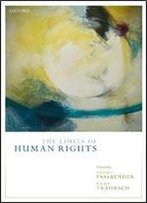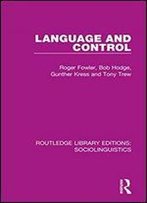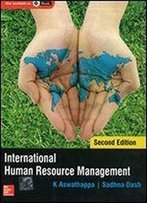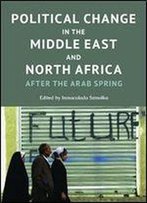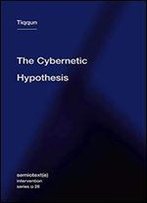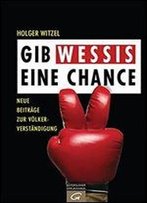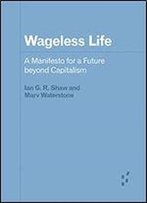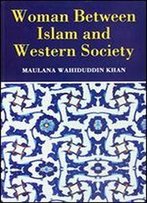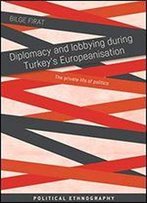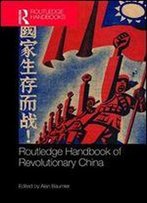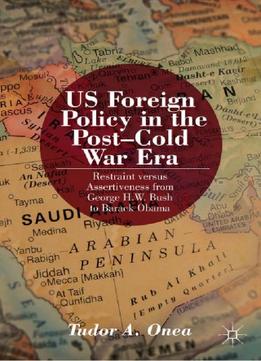
Us Foreign Policy In The Post-Cold War Era: Restraint Versus Assertiveness From George H.W. Bush To Barack Obama
by Tudor A. Onea /
2013 / English / PDF
3.5 MB Download
As the dominant state in the post-Cold War era, strategists assumed the United States would practice a restrained foreign marked by sparing use of force, multilateral diplomacy, and a reduction of military commitments abroad. However, the United States chose precisely the opposite course—one marked by assertiveness, foreign intervention, and unilateral action. US Foreign Policy in the Post-Cold War Era argues that the reason for this lack of restraint originates from the United States' need to maintain prestige as an effective international leader in the face of recalcitrant and free-riding actors. Onea concludes that recommendations of restraint are not wrong, but rather unfeasible due to the constant need for securing US prestige in the eyes of the world.
